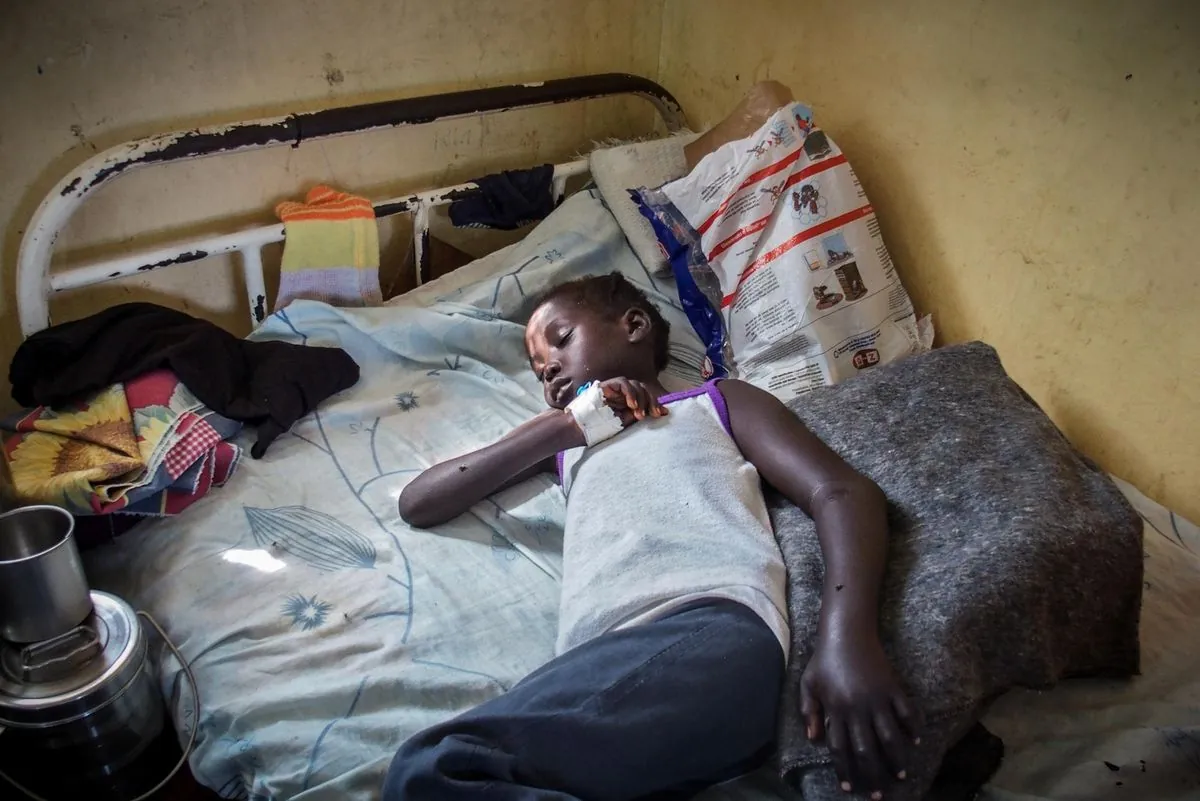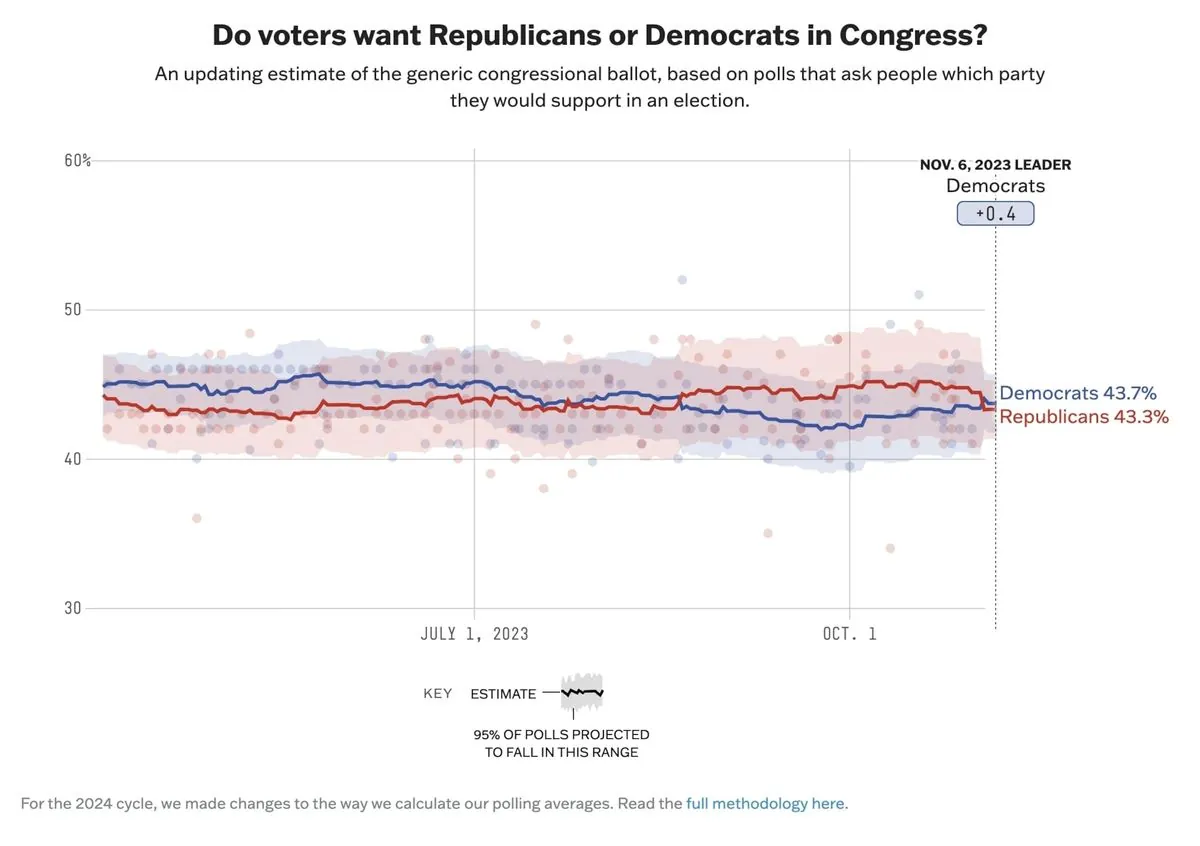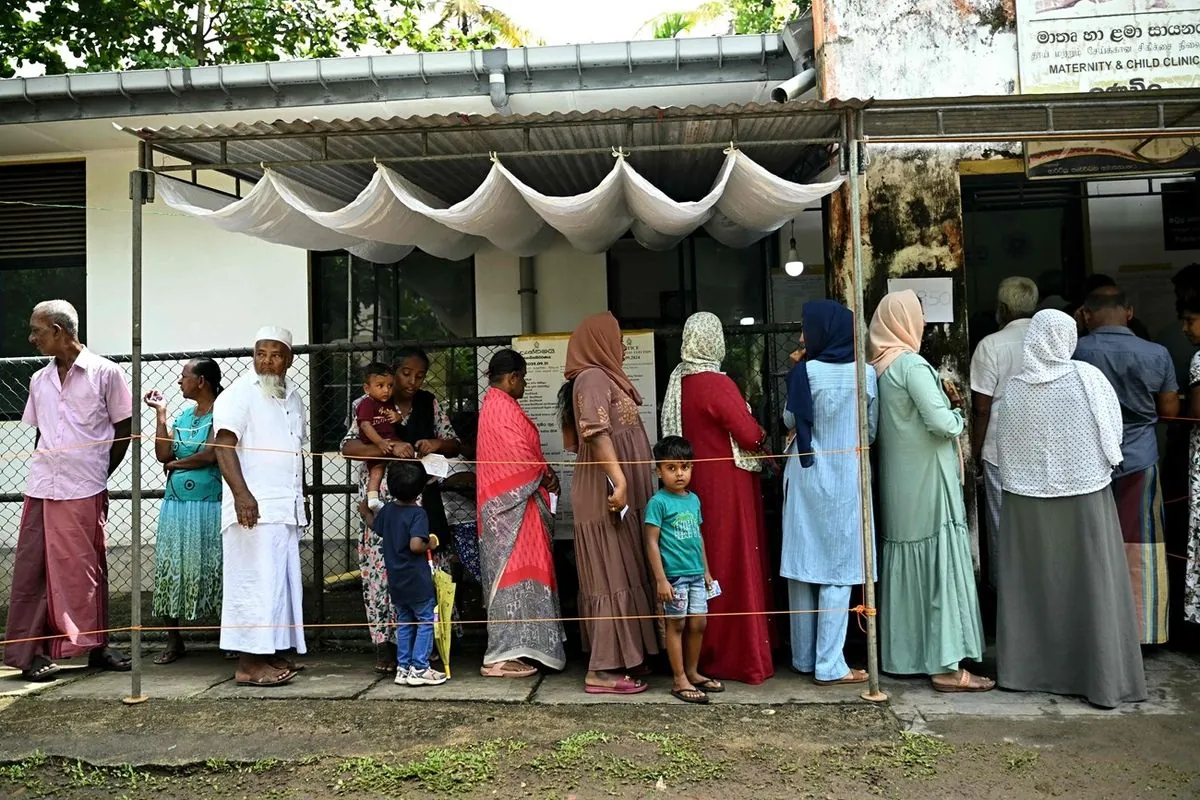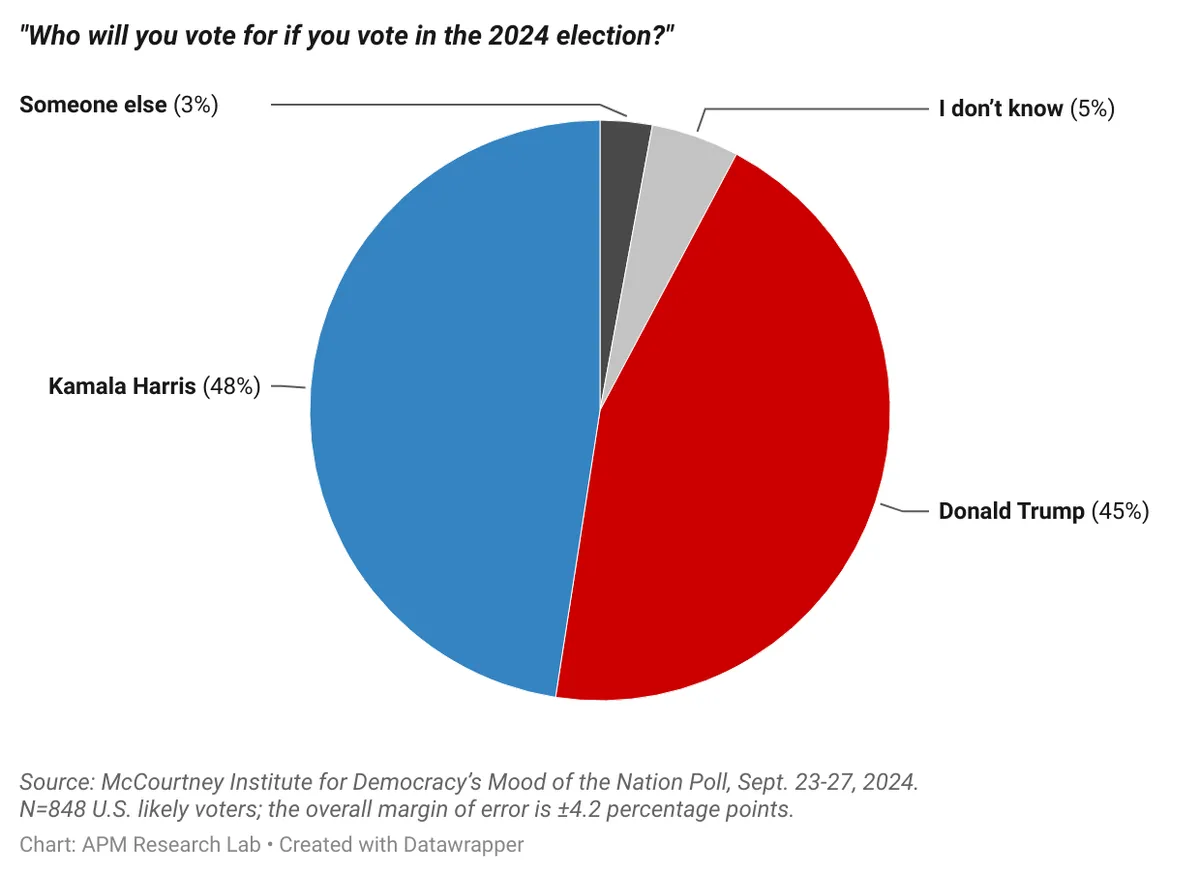South Sudan's Silent Crisis: The Battle Against Snakebites in Remote Areas
In flood-prone South Sudan, climate change is increasing snakebite incidents. Dr. Paul Snape shares his experiences treating patients in remote areas, highlighting the urgent need for accessible antivenom and preventive measures.

In the remote town of Mayen Abun, South Sudan, approximately 800 km from the capital Juba, Dr. Paul Snape encountered a young boy named Bol who had never seen a white person before. This interaction highlights the isolation of many South Sudanese communities, where access to healthcare and other basic services remains a significant challenge.
South Sudan, the world's newest country having gained independence in 2011, faces numerous healthcare challenges. With over 60 indigenous ethnic groups and a predominantly rural population, providing adequate medical care is a complex task. The country's tropical climate, characterized by a rainy season from April to October, contributes to a unique set of health risks, including snakebites.
Climate change has exacerbated the snakebite problem in South Sudan. Increased flooding during the rainy season forces snakes out of their burrows, leading to more encounters with humans. Dr. Snape explains:
"The changing climate has meant that the rainy season often causes floods here, which drive the snakes out of their burrows. People wading through the waters are really vulnerable to being bitten by a snake, especially as many only have sandals or go barefoot."

Snake venom can cause three main types of reactions: bleeding disorders, neurological effects, and cytotoxic reactions. In Twic County, where Mayen Abun is located, cytotoxic bites are most common, causing tissue swelling that can affect blood supply and nerves. During the rainy season, the Médecins Sans Frontières (MSF) team in Mayen Abun treats 20-25 snakebite patients weekly.
The case of young Bol illustrates the importance of swift treatment. His mother's quick action in bringing him to the hospital allowed for timely administration of antivenom, leading to a full recovery within 48 hours. However, not all patients are as fortunate.
Dr. Snape recounts the case of Majok, a cattle herder who arrived at the hospital several days after being bitten. The delay in treatment resulted in severe tissue damage, necessitating amputation. This case underscores the challenges faced by those living in remote areas, where accessing healthcare in emergencies is extremely difficult.
South Sudan's healthcare system faces numerous obstacles. With one of the world's lowest doctor-to-patient ratios and limited medical facilities, providing adequate care is an ongoing struggle. The country's vast oil reserves have not translated into improved healthcare infrastructure, and the ongoing civil conflict since 2013 has further strained resources.
MSF has been working in the region since 1983, providing crucial medical support. Their efforts in treating snakebites include maintaining a stock of antivenom and carefully managing its use due to high costs and limited supply. Dr. Snape emphasizes the need for preventive measures:
"One of the things I'd like to see is a distribution of rubber boots, which are inexpensive and have been shown to offer good protection from snakebite."
Addressing the snakebite crisis in South Sudan requires a multifaceted approach. Swift access to effective antivenom is crucial, but equally important are community engagement, education about snake behavior, and preventive measures. Funding remains a significant challenge, with both the South Sudanese government and international donors needing to prioritize this issue.
As South Sudan continues to grapple with numerous challenges, including one of the world's highest maternal mortality rates and low literacy levels, addressing the snakebite crisis is just one aspect of improving overall healthcare. The country's diverse wildlife and unique geography, including the vast Sudd wetlands, present both opportunities and challenges for development and healthcare provision.
On International Snakebite Awareness Day, Dr. Snape's experiences in South Sudan serve as a powerful reminder of the urgent need to address this silent crisis. By sharing the stories of patients like Bol and Majok, he hopes to raise awareness and spur action to prevent unnecessary deaths and disabilities from snakebites in remote areas around the world.


































